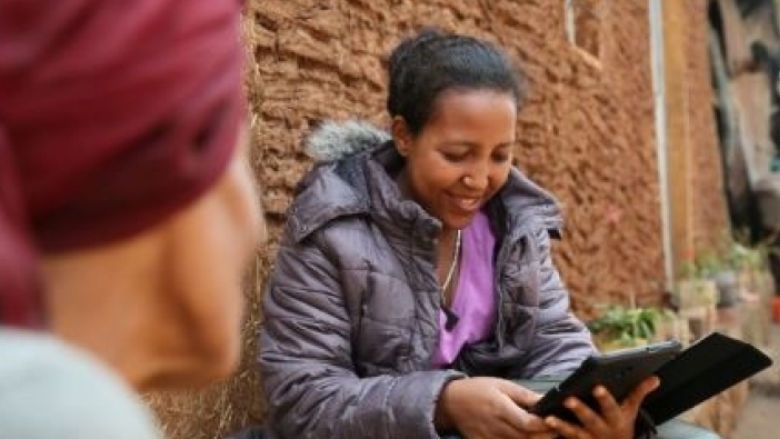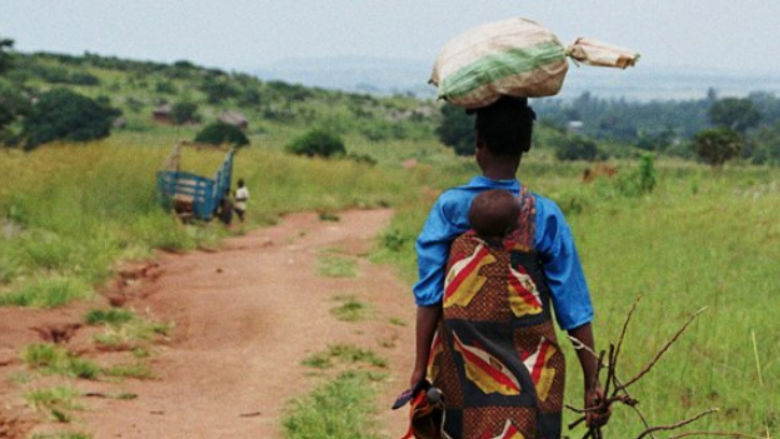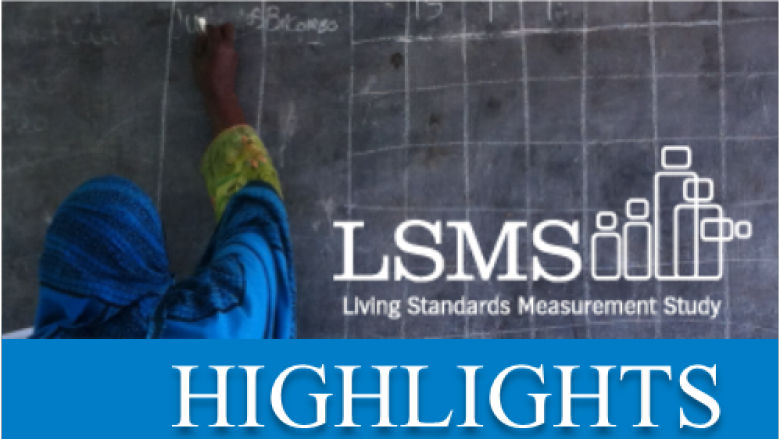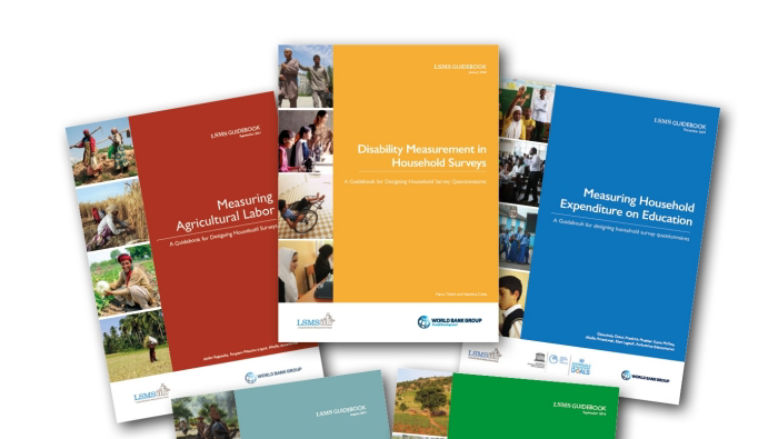Collecting nationally representative, individual-level survey data on key dimensions is important for designing comprehensive policies to improve economic opportunities for women and men. Survey data collected by the Living Standards Measurement Study �C Plus (LSMS+) program in four countries - Cambodia, Ethiopia, Malawi and Tanzania - reveals important gender differences in land ownership and rights, ownership of other assets, and time use.
Having accurate, individual-level data on these economic indicators allows for better targeting of a range of different economic policies. This includes land reforms, for example, as well as access to finance with gender equality in mind.
For more information about the LSMS+ program, click here.





